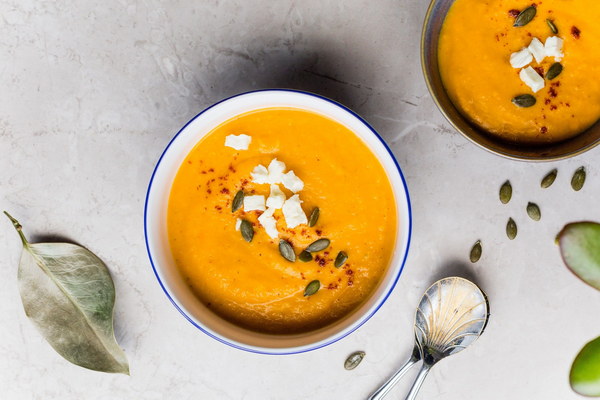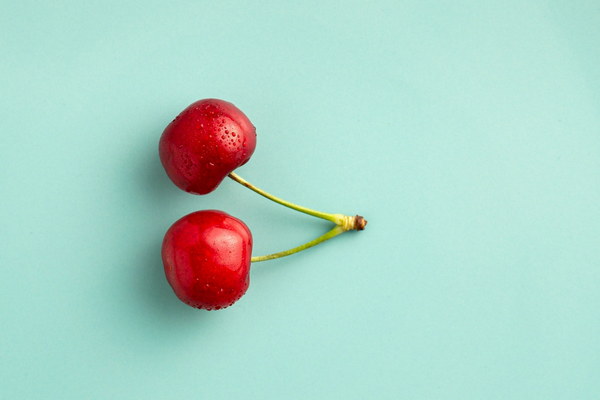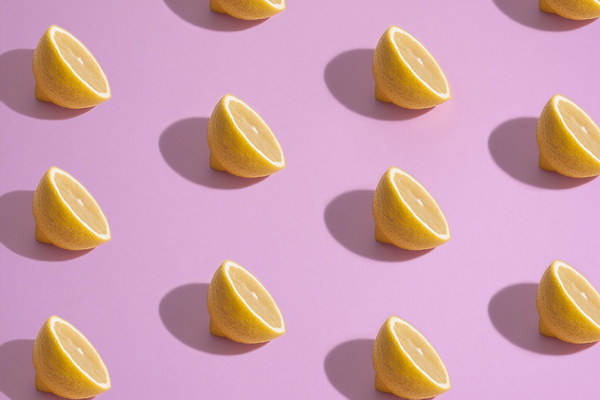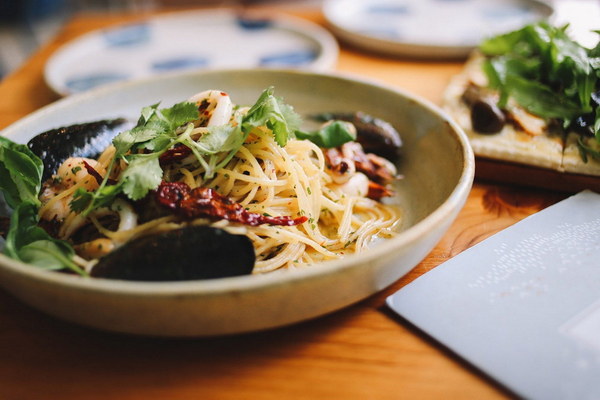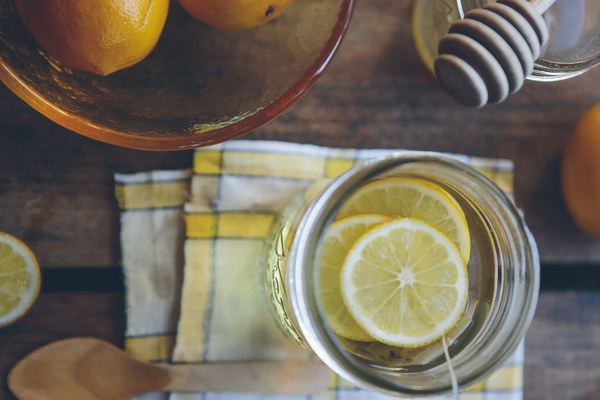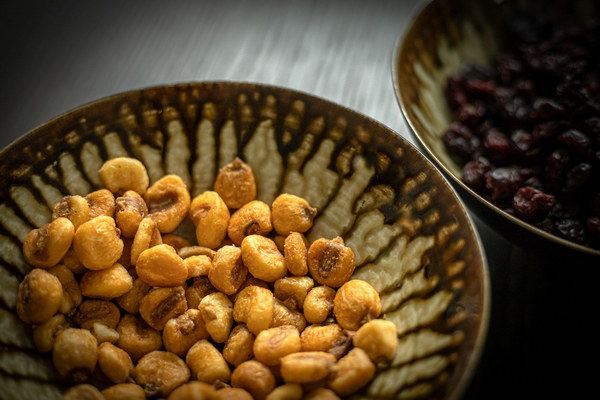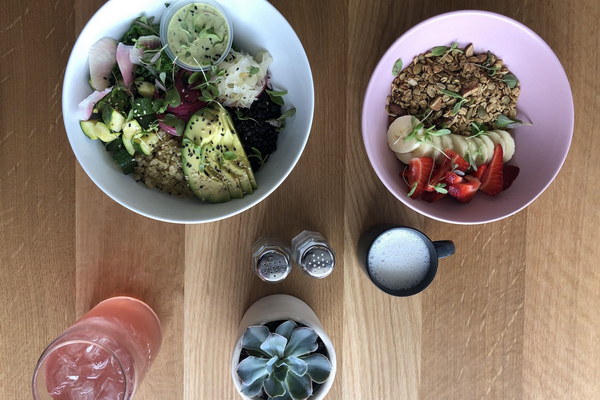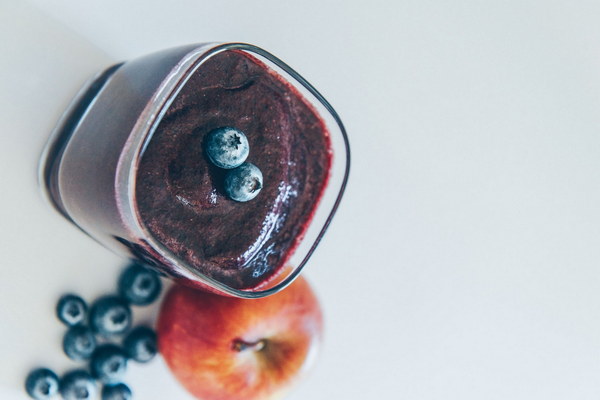Natural Hair Fall Solutions Traditional Chinese Medicine's Nutritional Approach to Dandruff
Introduction:
Dandruff, the common scalp condition characterized by flaking of dead skin cells, can be both unsightly and uncomfortable. While there are numerous over-the-counter treatments available, some individuals may seek more holistic remedies. Traditional Chinese Medicine (TCM) offers a unique perspective on hair and scalp health, emphasizing the importance of balancing the body's internal systems. This article explores the TCM approach to treating dandruff through dietary adjustments and nutritional supplements, offering a natural alternative to conventional treatments.
Understanding Dandruff from a TCM Perspective:
According to TCM, dandruff is often linked to internal imbalances, such as dampness, heat, or a deficiency in Yin or blood. These imbalances can disrupt the normal functioning of the scalp, leading to the overproduction of skin cells and subsequent flaking. By addressing the root cause of the imbalance, TCM aims to alleviate dandruff symptoms and promote long-term scalp health.
Dietary Adjustments for Dandruff:
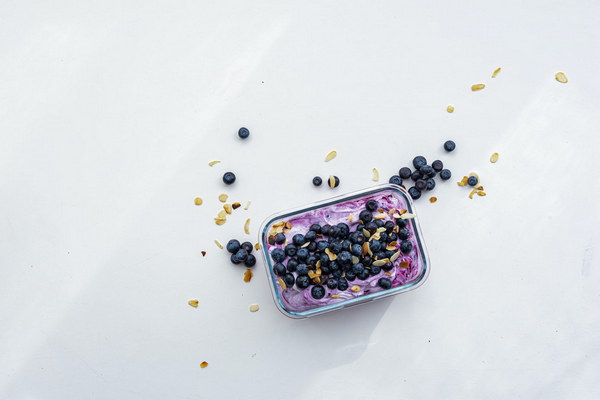
1. Increase Intake of B Vitamins:
B vitamins, particularly biotin, riboflavin, and niacin, play a crucial role in maintaining healthy hair and skin. Foods rich in B vitamins include eggs, nuts, seeds, whole grains, and green leafy vegetables. Incorporating these foods into your diet can help reduce dandruff symptoms.
2. Consume Foods High in Antioxidants:
Antioxidants can help combat oxidative stress, which can contribute to scalp inflammation and dandruff. Foods high in antioxidants include berries, dark chocolate, green tea, and dark leafy greens. Adding these to your diet may help reduce dandruff and improve overall scalp health.
3. Eat More Foods Rich in Omega-3 Fatty Acids:
Omega-3 fatty acids have anti-inflammatory properties and can help regulate oil production in the scalp. Foods high in omega-3s include fatty fish (such as salmon and mackerel), flaxseeds, chia seeds, and walnuts. Incorporating these into your diet can help reduce dandruff and maintain a healthy scalp.
4. Limit Foods High in Sugar and Processed Foods:
High sugar and processed foods can contribute to internal dampness, exacerbating dandruff symptoms. Reducing the intake of these foods can help restore balance and reduce dandruff.
5. Stay Hydrated:
Drinking plenty of water is essential for overall health and can help maintain healthy skin and hair. Aim for at least eight glasses of water per day to keep your scalp hydrated and flake-free.
Herbal Remedies for Dandruff:
1. Licorice Root:
Licorice root is believed to have anti-inflammatory properties and can help soothe an itchy scalp. Boil licorice root in water and allow it to cool before rinsing your hair with the solution.
2. Saw Palmetto:
Saw palmetto is a herb traditionally used to treat dandruff and promote hair growth. Mix saw palmetto oil with your shampoo or apply it directly to the scalp for relief from dandruff symptoms.
3. Green Tea:
Green tea contains antioxidants and anti-inflammatory properties that can help reduce dandruff. Brew a strong cup of green tea, let it cool, and use it as a rinse after washing your hair.
4. Neem:
Neem is an herb with antibacterial and antifungal properties, making it an excellent choice for treating dandruff. Mix neem oil with your shampoo or apply it directly to the scalp for relief from dandruff symptoms.
Conclusion:
Traditional Chinese Medicine offers a natural and holistic approach to treating dandruff. By making dietary adjustments and incorporating herbal remedies, individuals can address the root causes of dandruff and achieve long-term scalp health. While these natural remedies may not work for everyone, they can be a valuable addition to conventional treatments and help alleviate the discomfort and embarrassment associated with dandruff.
